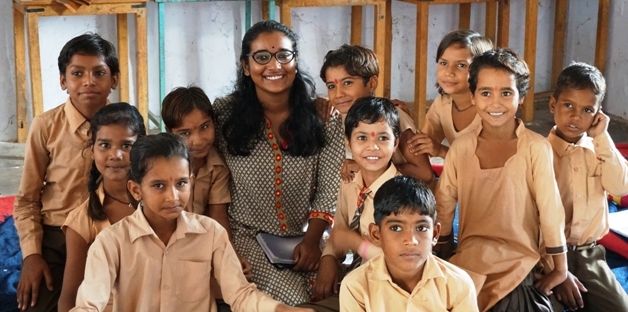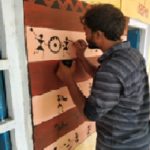CSR: Youth In The Footsteps of Gandhi
Related Articles
Missed Train Ticket Rules: आपकी ट्रेन छूट गयी, अब क्या करें, क्या बेकार हो जाएगा टिकट! जानें क्या कहता है रेलवे का नियम
अगर कभी आपकी ट्रेन छूट गई है, तो आप अकेले नहीं हैं। देशभर में हर रोज़ हजारों लोग ऐसे हैं जिनकी ट्रेन या तो...
Shubhanshu Shukla Return: भारत के ‘गौरव’ शुभांशु शुक्ला की अंतरिक्ष से वापसी तय, 15 जुलाई को होगा स्प्लेशडाउन
Shubhanshu Shukla Return: भारत के लिए गर्व और उत्साह का क्षण नजदीक है। देश के युवा अंतरिक्ष यात्री शुभांशु शुक्ला, जिन्होंने हाल ही में...
Overcrowded Jails in Maharashtra: मुंबई के जेल की ये खौफनाक हकीकत जानकर रह जायेंगे दंग, जेलों में घुटता है दम!!!
महाराष्ट्र की जेलों में कैदियों की संख्या अब नियंत्रण से बाहर हो चुकी है। मुख्यमंत्री देवेंद्र फडणवीस ने राज्य विधान परिषद में यह स्वीकार...


